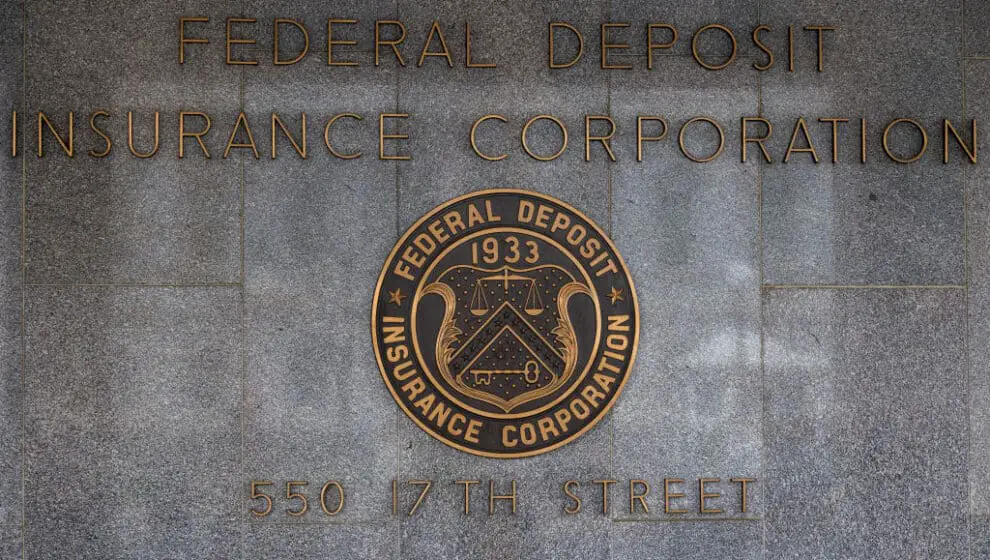The FDIC could force larger banking institutions to cover lost funds from the aftermath of March’s ongoing banking crisis.
Key Details
- The Federal Deposit Insurance Corporation (FDIC) faced a $23-billion windfall in the aftermath of the collapse of Silicon Valley Bank and Signature Bank.
- The organization is considering passing along the expense to larger banks, which withstood the crisis better than smaller regional banks and took millions of dollars in new deposits in the aftermath.
- The FDIC is set to reveal in May whether its “special assessment” to safeguard its $138 billion fund, Bloomberg reports.
Why It’s Important
The past three weeks have represented the most chaotic span of time in U.S. banking history, following the rapid collapse of Silicon Valley Bank and the subsequent chain of liquidity crises that followed. The Federal Reserve was forced to bail out $153 billion worth of deposits in the week following the aftermath of the second and third worst bank collapses in the country’s history.
As we previously reported, the collapse led politicians to call for greater liquidity to back deposits in the case of another banking crisis. Still, the FDIC does not match all liquidity in the system at the same time, as it would require $18 trillion worth of deposits.
While President Joe Biden has promised that no American taxpayer money will go to supporting bank bailouts, Republican lawmakers have warned that passing along the expense to big banks will eventually result in higher fees for American consumers, The New York Post reports. The FDIC internal is considering decision the most politically palatable decision to recur lost funds.
Notable Quotes
“The FDIC will issue in May 2023 a proposed rulemaking for the special assessment for public comment,” says an FDIC spokesperson in a statement.
“I’m concerned that Arkansans will have to subsidize Silicon Valley Bank and Signature Banks deposits, and maybe others that come forward. Will the community banks get charged that special assessment?” says Senator John Boozman (R-AR).
